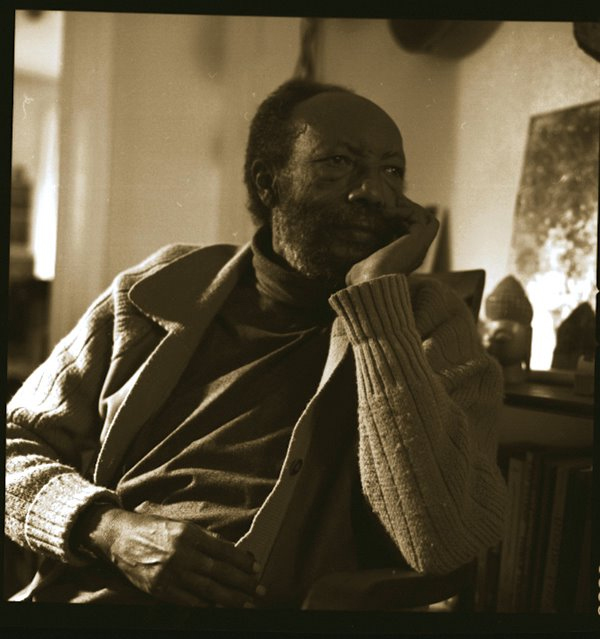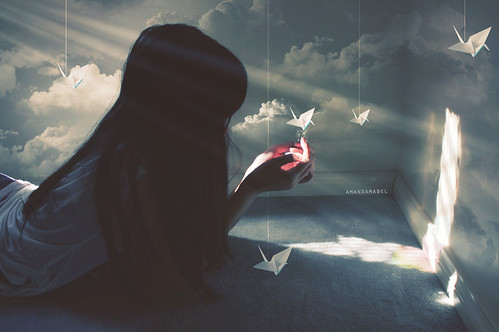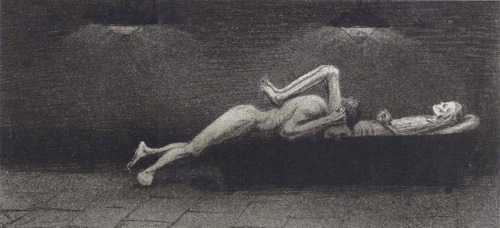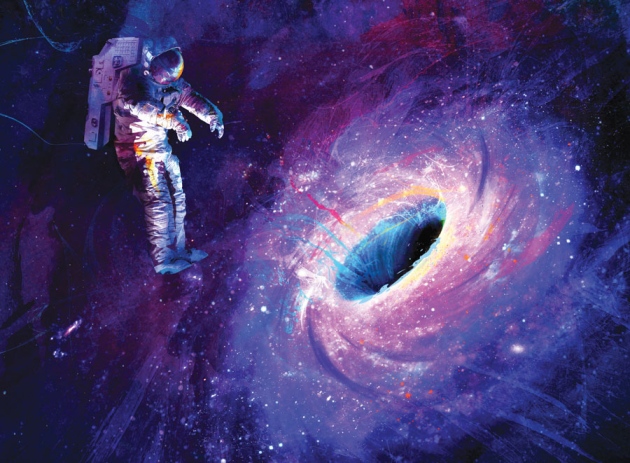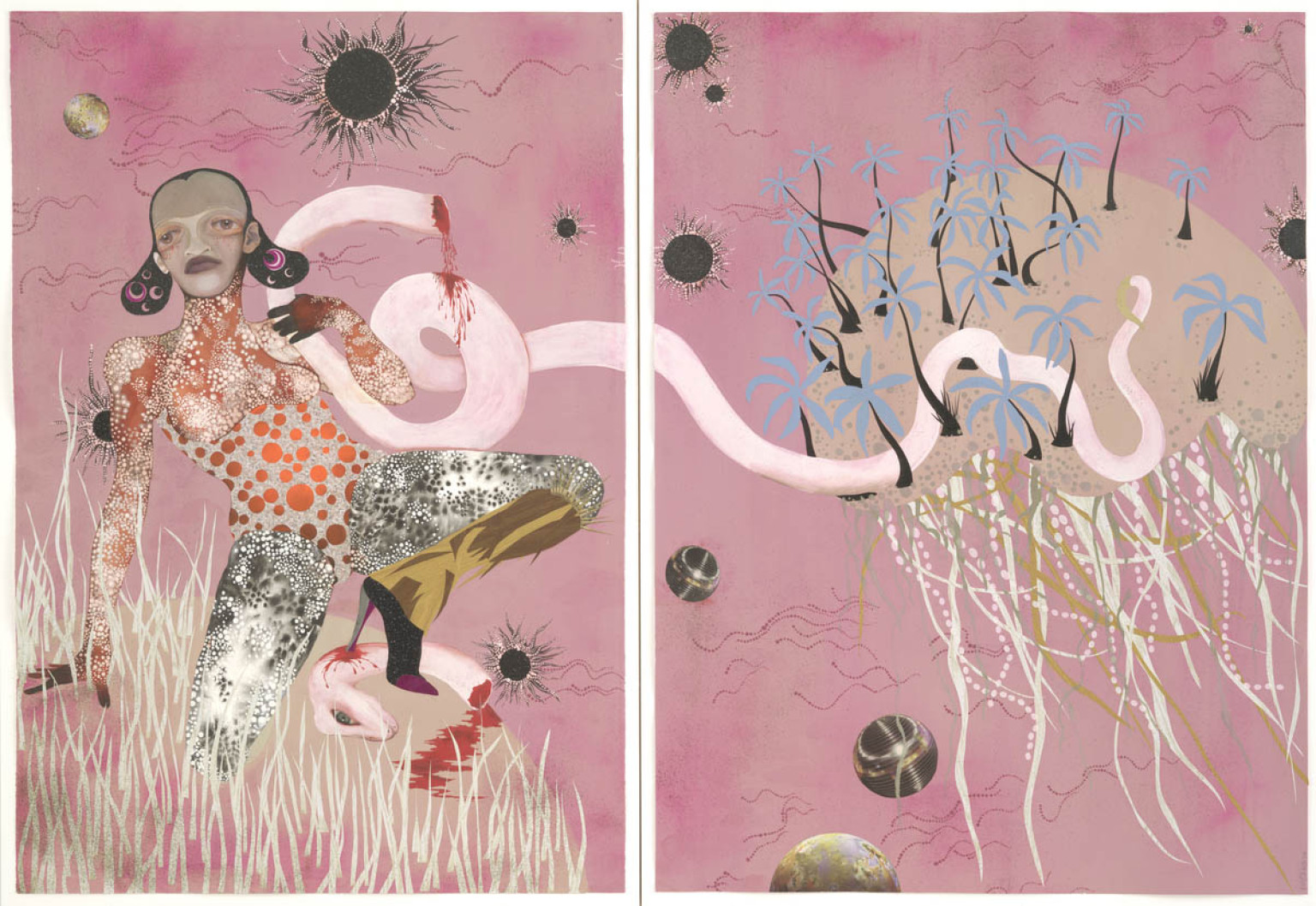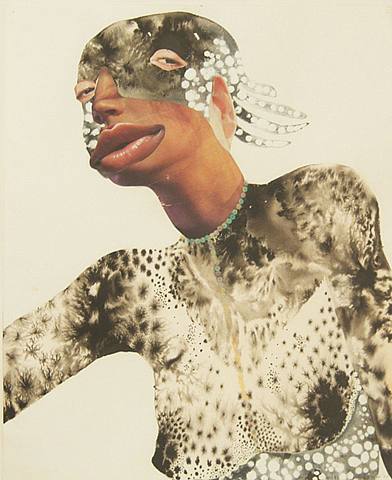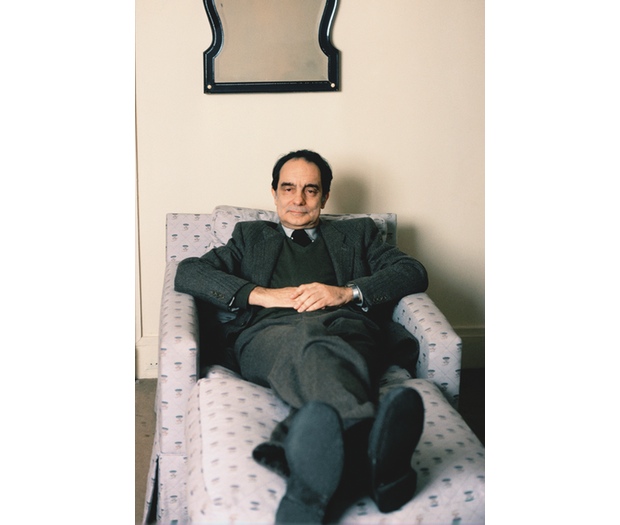| GLORY be to God for dappled things— | |
| For skies of couple-colour as a brinded cow; | |
| For rose-moles all in stipple upon trout that swim; | |
| Fresh-firecoal chestnut-falls; finches’ wings; | |
| Landscape plotted and pieced—fold, fallow, and plough; | 5 |
| And áll trádes, their gear and tackle and trim. | |
| All things counter, original, spare, strange; | |
| Whatever is fickle, freckled (who knows how?) | |
| With swift, slow; sweet, sour; adazzle, dim; | |
| He fathers-forth whose beauty is past change: | 10 |
| Praise him. |
Thursday, December 11, 2014
gerard manley hopkins : pied beauty
tsegaye gebre-medhin : ethiopia's poet laureate
You are still worshipping my temple of the sun, we are one. So, when he comes here, I will tell him to look for his heritage, for the heritage of the ancestors, for our mythology, to walk in the footprints of his ancestors. This land is a museum of man's ancient history. They look at us, they watch us, the Europeans, the Americans, the other nations, with this tremendous fascination. They are awestruck by the unique practices of our church, of our Islam, of our ancient pre-Judaic worship.
So I'll tell my European friend, my American friend, not to steal the Ark of the Covenant, which the slaves stole and say they received from a cloud. They didn't receive it from the cloud, they took it. And Solomon returned it, he didn't give it to me, he returned it.
This is the source, his source, this is his heritage, our heritage. He must come and walk in the footprints of the human ancestors. The American has gone to the moon and found dust, he's going farther away to look for other planets, very good. But know thyself first. That is what I would tell my American friend.
Wednesday, December 10, 2014
Thursday, October 16, 2014
Wednesday, October 15, 2014
Sunday, October 5, 2014
Tuesday, August 12, 2014
Saturday, August 9, 2014
~forugh farrakhzad~
- I Shall Salute the Sun Once Again I shall salute the sun once again to the stream that flowed within me, to the clouds that were my tallest thoughts, to the painful growth of aspens in the garden who endured the seasons of drought with me, to the flock of crows who as a gift brought the fields nocturnal scent to me, to my mother who lived in a mirror and revealed the figure of my old age, and to the earth, whose burning womb I’ve filled with green seeds in my lust for repetition I shall salute once again.
- The Forbidden Walls Now forbidding walls frontier walls rise again in the quiet night like plants sentries posted on my love’s estate I can sense it I know when it’s time to pray Now all the stars are making love Come back with me Come back with me to the start of creation to the fragrant core of a fertilized egg to the moment I was born from you Come back with me You’ve left me incomplete Now the doves on the tips of my breasts take wing Now kisses cocooned in my lips stir like butterflies thinking of flight Now my body’s an altar ready for the rites of love. Let me conceive by the moon in the sanctuary of the night Let me be filled by small raindrops by infant hearts by the weight of children not yet born Perhaps my love could be the womb of another Jesus.
- Green Delusion I wept all day to my mirror Spring had given my window away to the green delusion of trees how cramped I was in my cocoon alone my crown of paper mildewed and polluting the air of that sunless realm I couldn’t anymore, I couldn’t Street sounds, bird song tennis balls bounding away flurry of children fleeing balloons bobbing, climbing like soap bubbles to the tips of their branches of string and through ancient clefts in my fortress of silence whose walls securely hemmed me in the wind called my heart by its name panting as though sunk in love’s deepest, darkest moment.
Monday, August 4, 2014
Monday, July 28, 2014
Thursday, July 17, 2014
Friday, July 11, 2014
Thursday, July 3, 2014
Saturday, June 28, 2014
Wednesday, June 11, 2014
MELILLA & CEUTA
i have passed through calais. and there are others . . .
http://www.aljazeera.com/indepth/features/2014/06/african-migrants-climb-their-way-into-spain-201468133328621674.html
Saturday, May 31, 2014
Friday, May 30, 2014
Monday, May 26, 2014
Sunday, May 11, 2014
Wednesday, March 19, 2014
Friday, February 28, 2014
Tuesday, February 25, 2014
Unchanging Eve : Heartbreak Earth : A Carmelite Nun
I was counting up the number of different shades of brown which there are in a late winter garden. Grey, mostly, is just grey, with two or three tones of it only, all equally grey; but brown will range from an almost crimson tint to the first beginnings of the delicious yellow of spring. Even in the small space beyond me, enclosed in the arched circle of the door, I could count the terra-cotta brown of syringa stems, the purplish-brown shoots of a wild rose, and the more deeply purple earth of a burnt-out bonfire. Beyond that again was the plain brown of an old apple tree against the wall, with the warm, weathered brown of its tiles at the top; and beside that, the mauvey-bornw of dead goldenrod stalks and the yellow-brown haze of Michaelmas daisies. I wondered why she had suddenly switched from the Garden of Eden to the middle of the Atlantic, only to find, as I so often do, that she had not switched at all.
Wednesday, January 29, 2014
w.c. smith
To study a great poem, or a great work of art, or a great idea, is to become more fully human.
We must have the courage to recognize that in the university, as in all true intellectual inquiry, we are oriented to a transcendent reality, which is simply reality itself.
The principal of humane learning... is that one discovers in the course of one's study what one is after; what is worth wanting; what one "wants" in the old-fashioned literal sense of what is wanting in one's present state of becoming.
Yet by "to know" here is meant something incompatible, surely, with the notion of knowledge as a tool, as though it were external to oneself, were not integrated into the very core of one's being... To know is to become.
The best scientists are not technicians, but profoundly human; reverent in the face of an awesomely given universe. Although I said that the human mind is greater than all the galaxies, yet it is also true that a simple stone transcends all human knowledge of that stone.
Thursday, January 23, 2014
Tuesday, January 21, 2014
Monday, January 20, 2014
Sunday, January 19, 2014
:: if on a winter's night a traveler ~ italo calvino ::
This is how you have changed since yesterday, you who insisted you preferred a book, something solid, which lies before you, easily defined, enjoyed without risks, to a real-life experience, always elusive, discontinuous, debated. Does this mean that the book has become an instrument, a channel of communication, a rendezvous?
Opening a path for yourself, with a sword's blade, in the barrier of pages becomes linked with the thought of how much the word contains and conceals: you cut your way through your reading as if through a dense forest.
*
You try to picture how the world might appear, this world dense with writing that surrounds us on all sides, to someone who has learned not to read.
"I like to know that books exist that I will still be able to read . . ." she says, sure that existent objects, concrete albeit unknown, must correspond to the strength of her desire. How can you keep up with her, this woman who is always reading another book besides the one before her eyes, a book that does not yet exist, but which, since she wants it, cannot fail to exist?
The professor is there at his desk; in the cone of light from a desk lamp his hands surface, suspended, or barely resting on the closed volume, as if in a sad caress.
"Reading," he says, "is always this: there is a thing that is there, a thing made of writing, a solid, material object, which cannot be changed, and through this thing we measure ourselves against something else that is not present, something else that belongs to the immaterial, invisible world, because it can only be thought, imagined, or because it was once and is no longer, past, lost, unattainable, in the land of the dead. . . ."
"Or that is not present because it does not yet exist, something desired, feared, possible or impossible," Ludmilla says. "Reading is going toward something that is about to be, and no one yet knows what it will be. . . ." (There, now you see the Other Reader leaning forward to peer beyond the edge of the printed page at the ships of the rescuers or the invaders appearing on the horizon, the storms. . . .) "The book I would like to read now is a novel in which you sense the story arriving like still-vague thunder, the historical story along with the individual's story, a novel that gives the sense of living through an upheaval that still has no name, has not yet taken shape. . . ."
*
I stop before I succumb to the temptation to copy out all of Crime and Punishment. For an instant I seem to understand the meaning and fascination of a now inconceivable vocation: that of the copyist. The copyist lived simultaneously in two temporal dimensions, that of reading an that of writing; he could write without the anguish of having the void open before his pen; read without the anguish of having his own act become concrete in some material object.
Subscribe to:
Posts (Atom)


